Understand the Imperative to Save Water Today AND Build Resiliency in our Watershed for the Future
Historically low rainfalls combined with hot weather means that we are experiencing historic drought conditions that cannot be ignored. The threat has been raised from “severe” to “EXCEPTIONAL”!
As of the end of August, our reservoirs which supply about 75% of Marin’s water, are at 38% of capacity. The other 25% would normally come from Sonoma but that is NOT happening this year. That’s bad.
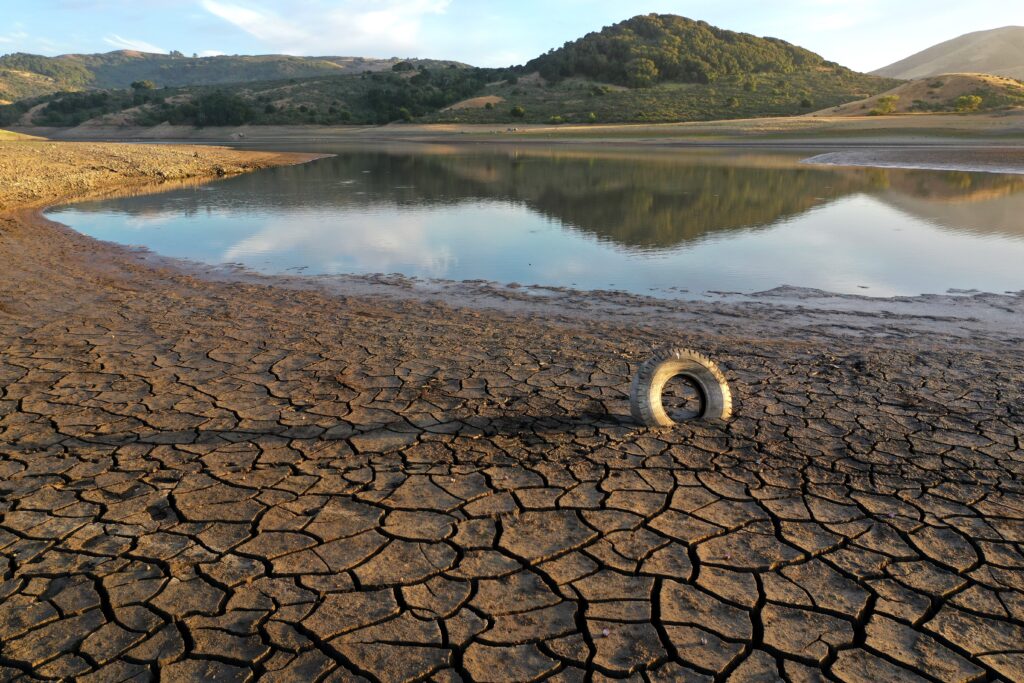
Hopefully it will rain this Winter but the County will need about 250% of a typical rain year to bring our supplies to a “normal” level. That is unlikely to happen.
It is a priority for communities to come together to protect this watershed. Brown lawns are good and dirty cars are fashionable. Anything else means those folks need help understanding the imperative and tools to take action to change it up.
We need YOU. If you can help with this effort, please contact us.
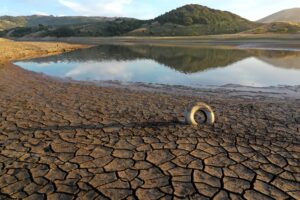
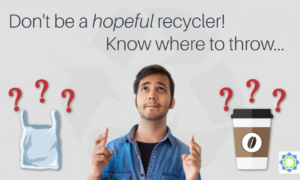
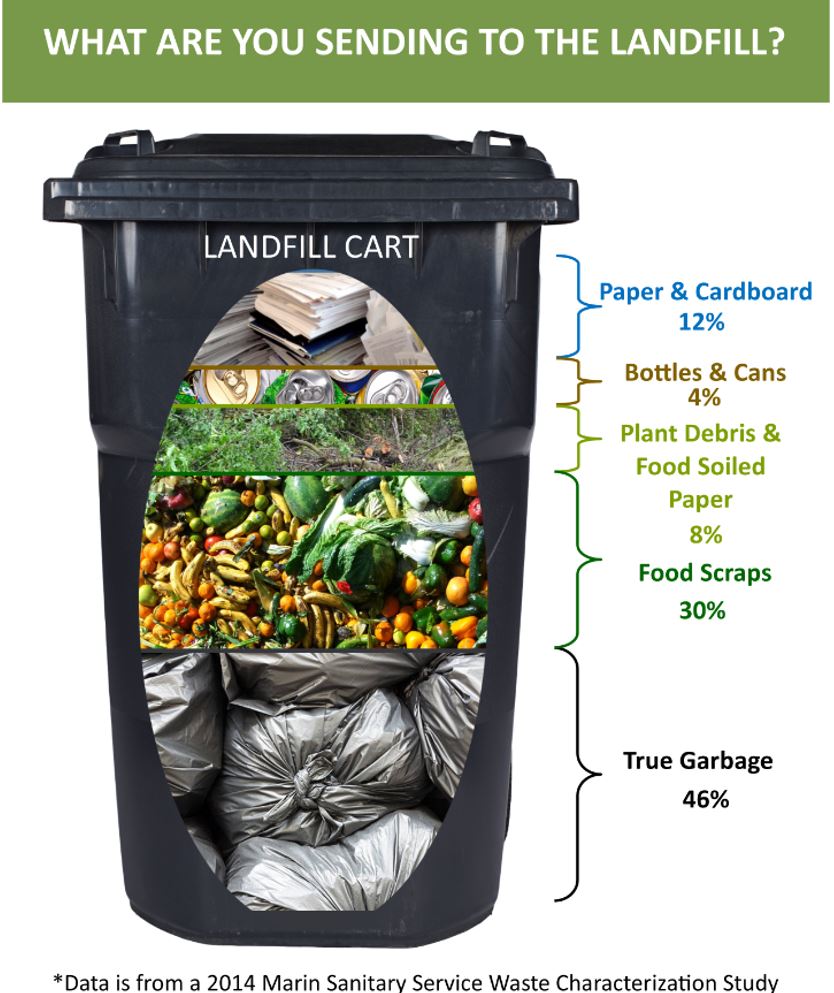
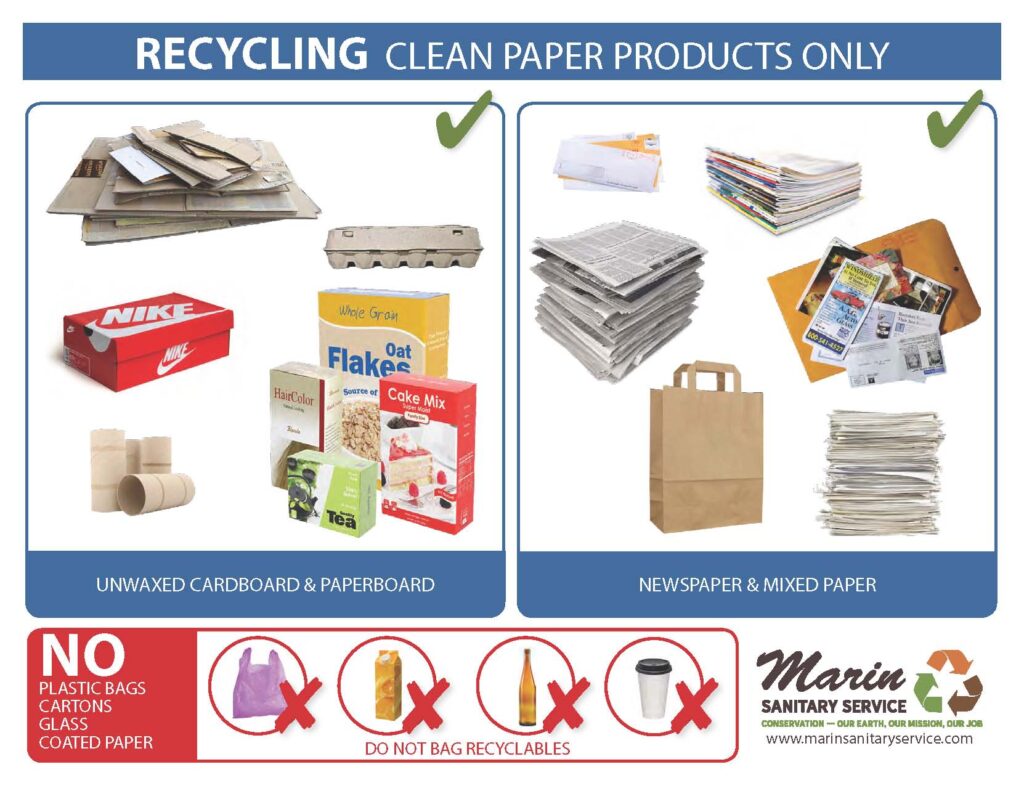
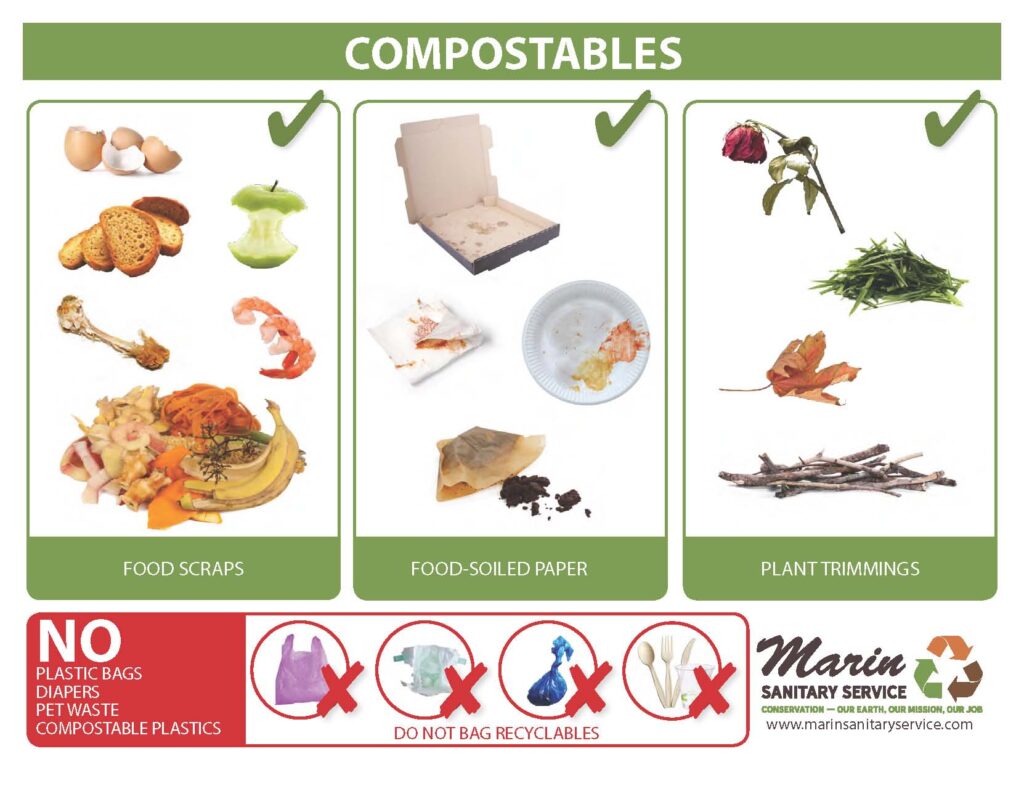
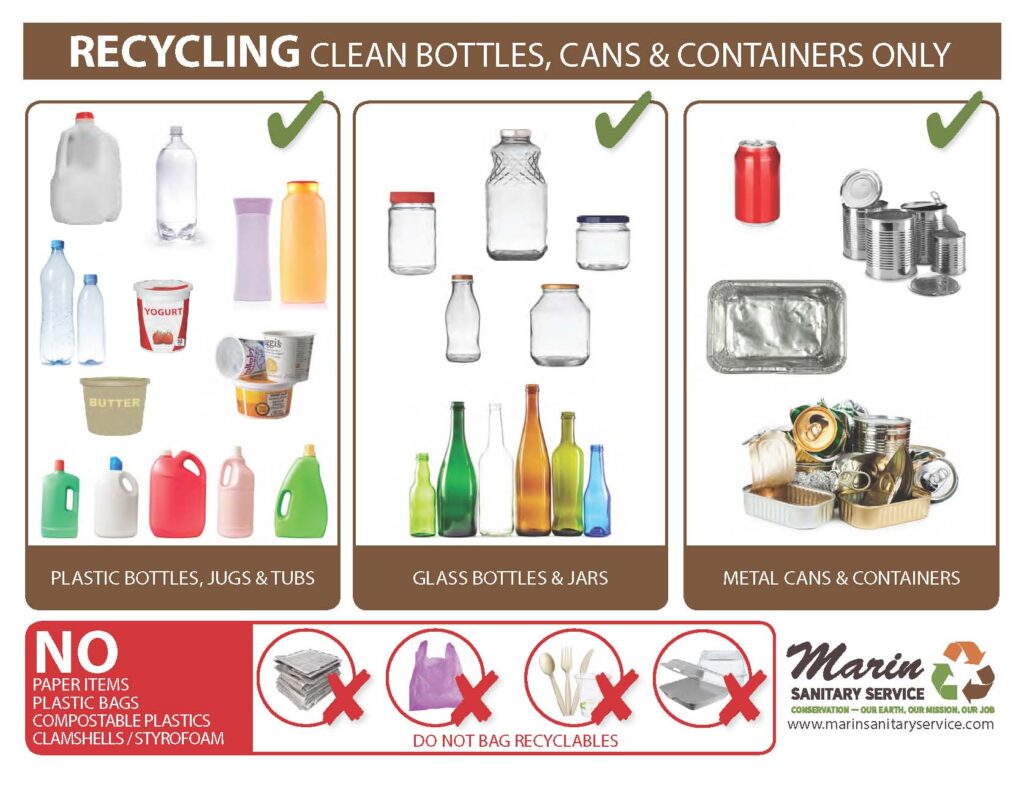
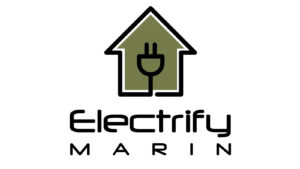
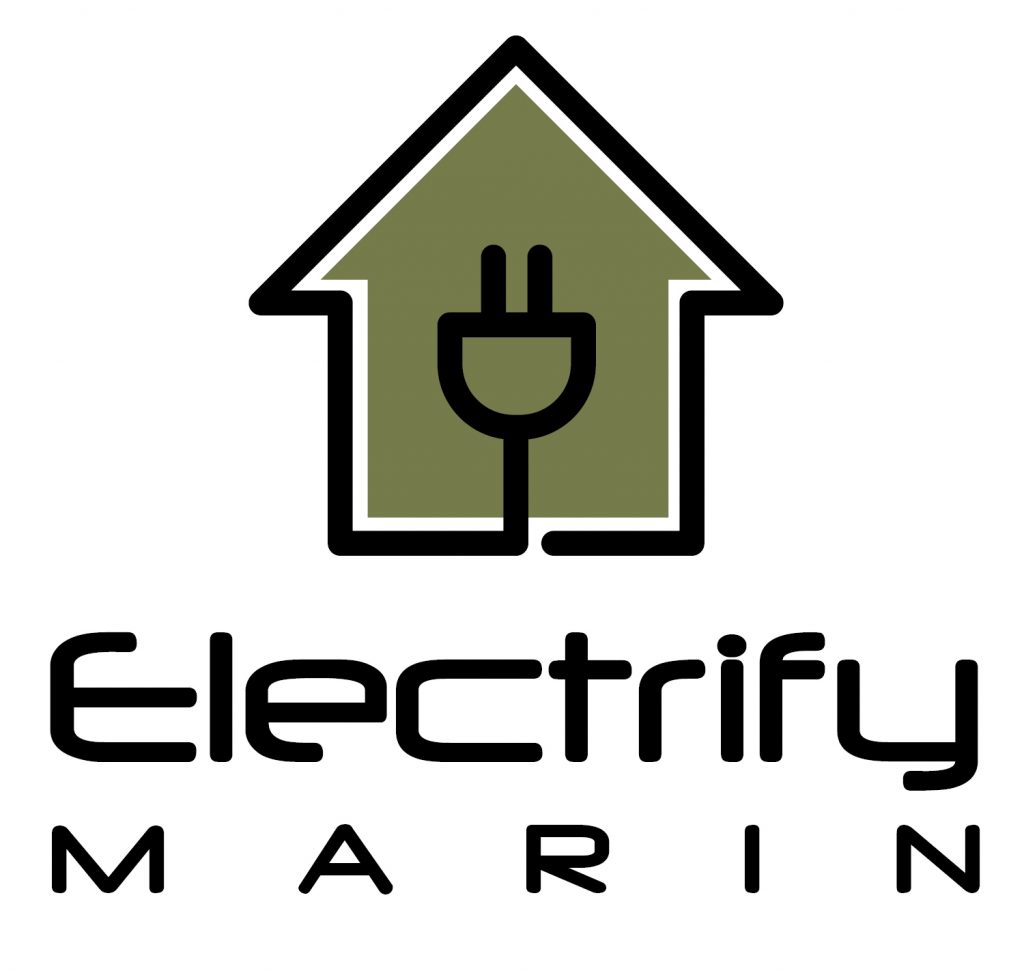
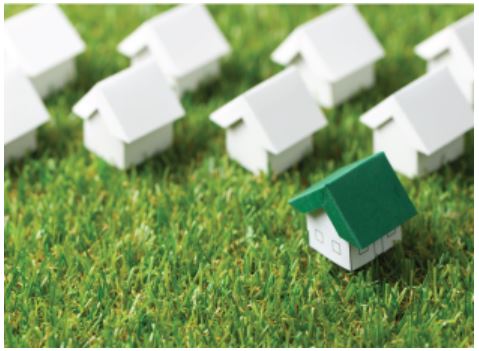
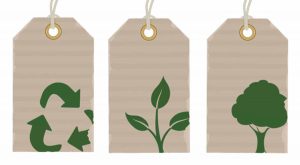
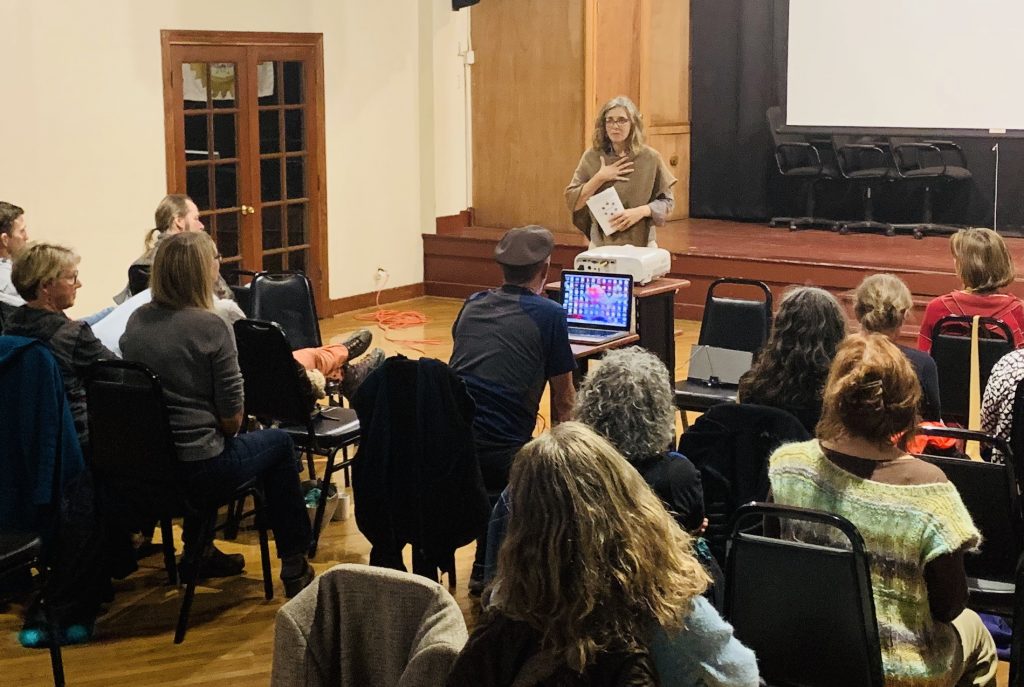
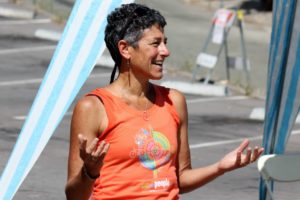
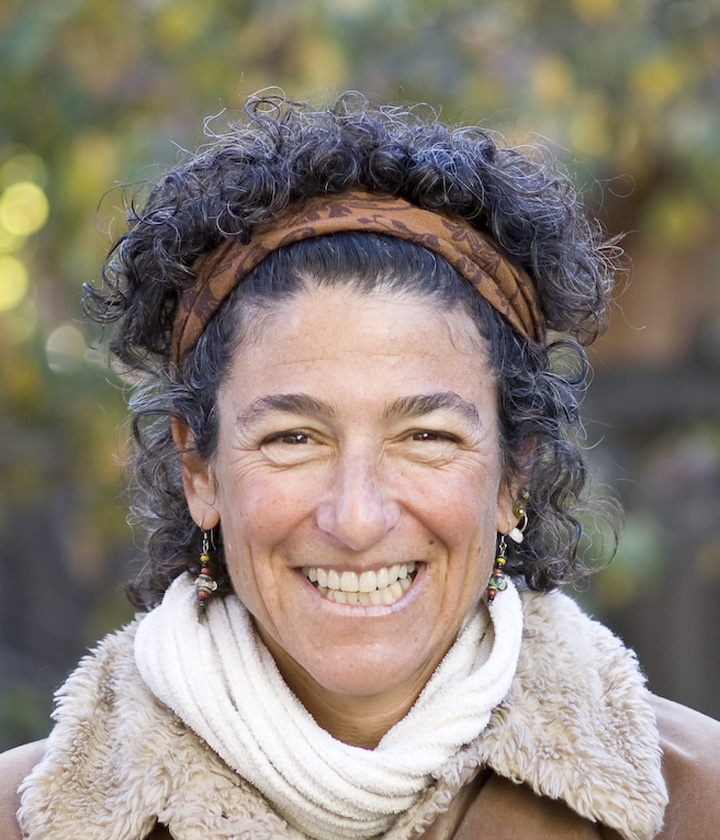 By Renee Goddard, Vice President, Sustainable Fairfax
By Renee Goddard, Vice President, Sustainable Fairfax The movie subsequently inspired volumes of lists, books, and calendars of daily actions, which people initially consumed voraciously. These urgent calls to action, prescribing behavior changes critical to combating Global Warming were published and illustrated with breathtaking photographs of the wonders of nature and heartbreaking photographs of our planet in peril.
The movie subsequently inspired volumes of lists, books, and calendars of daily actions, which people initially consumed voraciously. These urgent calls to action, prescribing behavior changes critical to combating Global Warming were published and illustrated with breathtaking photographs of the wonders of nature and heartbreaking photographs of our planet in peril.